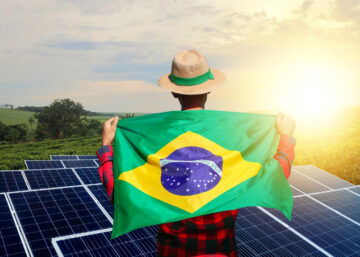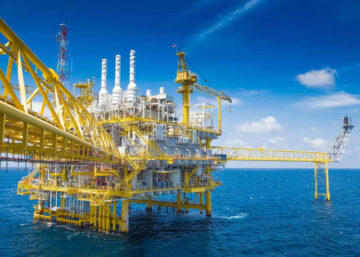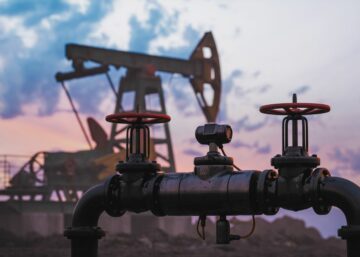Lego Group
As part of the Lego Group’s ambition to deliver a positive impact upon the environment, the Danish toy manufacturer has signed a partnership with WWF pledging to intensify their work to improve performance on a range of environmental priorities.
Highlights from the recently concluded partnership agreement include:
- During 2014 the Lego Group will initiate test projects together with suppliers to co-create best solutions to address the supply chain carbon emission impact;
- The Lego Group will work with an environmental strategy for materials which could include producing products using fewer materials, keeping the recyclability high and using renewable or recycled materials;
- The Lego Group will look into how it can best innovate its products to be more sustainable;
- By the end of 2016, the energy used to manufacture one tonne of Lego elements must be reduced by a minimum of 10% compared to 2012;
- The Lego Group has committed to produce more renewable energy than the company uses in its facilities, i.e. be 100%+ renewable by 2016.
Commenting on the new partnership, Lego Group’s CEO, Jørgen Vig Knudstorp, says, “We have experienced strong growth for eight consecutive years and, as we grow, we are becoming increasingly aware of the impact we leave on the planet. Partnering with WWF is an important step in our efforts to get the best out of our sustainability initiatives. We are proud to contribute to WWF’s overall vision of 100% renewable energy by 2050 and already now they have played a part in the targets we have set – and how we can achieve them.”
Gitte Seeberg, CEO of WWF Denmark says, “Rapid climate change is the largest threat against nature and human society worldwide. This is a key focus for WWF globally. Working with companies, such as the Lego Group, which shares our concern, is essential to be able to achieve our vision of 100 % renewable energy by 2050. With the support of WWF, Climate Savers member companies have cut their CO² emissions by more than 100 million tonnes since 1999. This is about twice the current yearly CO² emissions of Denmark. Therefore, changes in corporate practice are essential if there is to be real progress for the climate. And in WWF we are very happy that a major player like the Lego Group is now also a Climate Saver.”
In addition to working with suppliers to reduce energy consumption by 10% per product tonne, perhaps the most challenging aspect of the pledge is to become more than 100% renewable by 2016. Whilst many companies are moving towards self-sufficiency, Lego is moving beyond ‘zero carbon emissions’.
The Group claims to be already right on track to meet this ambition with affirmative action; the commissioning of an offshore wind farm in Germany where the production of energy from the Lego Group’s part of the wind farm equals the energy consumption of approximately 100,000 homes.
“We witness constant constraints on the natural resources globally. Continuing with business as usual is not an option, not for the planet or for companies. The problems can best be solved by working together, and our initiated partnership with the Lego Group shows that joining forces can amplify and accelerate the positive impact we need. Taking the lead and driving sustainable change in the value chain is showing genuine responsibility” says Gitte Seeberg.



